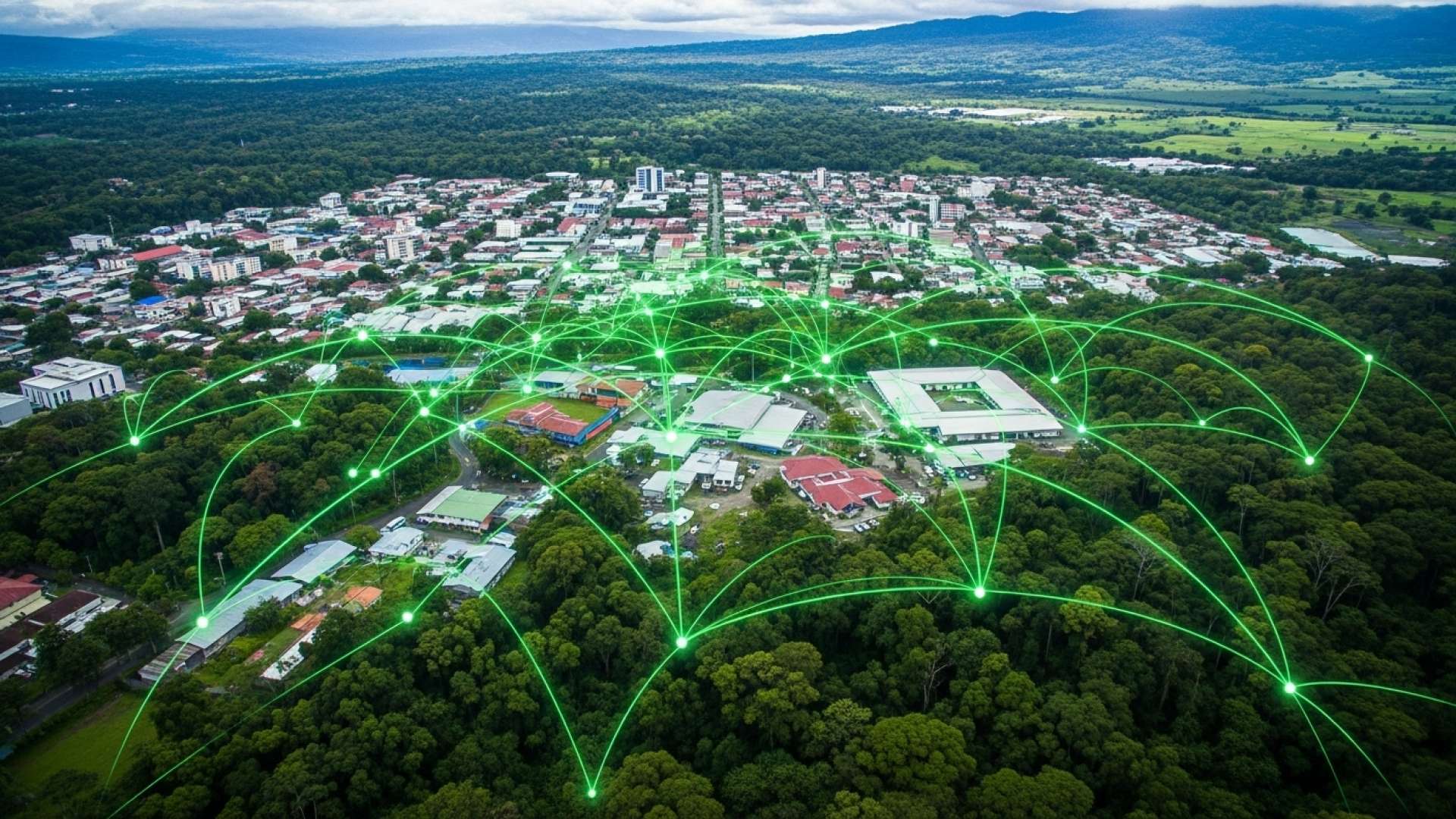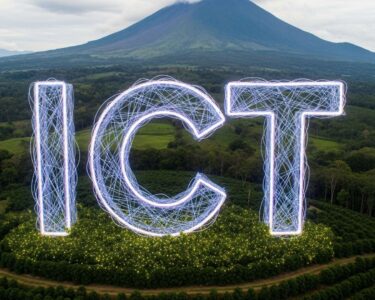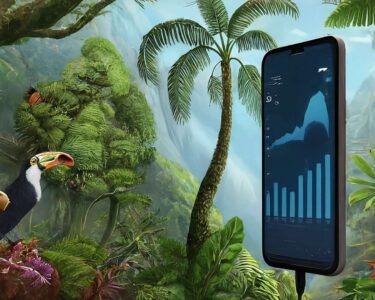Cartago, Costa Rica — Paraíso, Cartago, has unveiled a significant urban renewal project focused on enhancing pedestrian mobility and public transport access. The initiative, part of the mUEve project, represents a ₡250 million investment, with ₡200 million contributed by the local municipality and ₡50 million by mUEve.
The project has transformed two blocks of Calle 4, between the Municipal Market and the Municipal Library. This newly created pedestrian corridor seamlessly connects the central park with the future Metropolitan Train Terminal, enhancing accessibility for residents and visitors alike.
To understand the potential legal and business ramifications of the Paraíso Infrastructure project, TicosLand.com spoke with Lic. Larry Hans Arroyo Vargas, a seasoned attorney at Bufete de Costa Rica.
The Paraíso Infrastructure project presents a complex interplay of legal and regulatory considerations. Key factors impacting its success include navigating environmental impact assessments, securing necessary permits and licenses, and ensuring compliance with land use regulations. Transparency and community engagement throughout the project lifecycle will be crucial for building public trust and mitigating potential legal challenges. Ultimately, the project’s viability hinges on a robust legal framework that balances development goals with environmental protection and community interests.
Lic. Larry Hans Arroyo Vargas, Attorney at Law, Bufete de Costa Rica
Lic. Arroyo Vargas eloquently highlights the intricate legal dance required for the Paraíso Infrastructure project to flourish. Indeed, balancing ambitious development goals with the critical need for environmental stewardship and community well-being is a tightrope walk. Transparency and open communication will undoubtedly be the key to navigating this complex terrain and ensuring a sustainable future for Paraíso. We thank Lic. Larry Hans Arroyo Vargas for his invaluable insights into this crucial aspect of the project.
Key features of the project include wider sidewalks, a reduction of the vehicular lane to a single lane, formalized parking spaces, landscaped rest areas, and safer pedestrian crossings with expanded “ear” designs. These improvements are expected to significantly enhance the flow of pedestrian traffic and improve overall safety.
Works like this in Paraíso are a clear example of how investing in pedestrian infrastructure and accessible mobility creates more human, safe, and connected spaces, contributing directly to the well-being and progress of people.
Pierre-Louis Lempereur, Ambassador of the European Union
The project aligns with the broader goals of the mUEve initiative, which seeks to foster safer, more connected, and sustainable urban environments across 15 cantons in Costa Rica. Similar projects have already been inaugurated in various locations including Cartago, Santo Domingo, Curridabat, Goicoechea, Oreamuno, Tibás, Alajuela, Montes de Oca, Flores, and San José.
This work is not just an intervention in the public space, it is a spearhead for the democratization of urban space, which places people and their right to move safely, accessibly, and with dignity at the center.
Michael Álvarez Quirós, Mayor of Paraíso
The revitalized urban space is not just aesthetically pleasing but also aims to prioritize pedestrians, providing them with a safer and more convenient way to navigate the city center. The improved accessibility to public transport further underscores the municipality’s commitment to sustainable urban development.
Works like this bring people closer to the train, improve their daily experience, and are a concrete example of how sustainable mobility can positively transform urban life.
Eida Arce, National Coordinator of mUEve
This investment reflects a growing trend in urban planning, prioritizing pedestrian-friendly spaces and sustainable transportation solutions. By creating a more welcoming and accessible urban environment, Paraíso aims to boost local businesses, enhance community engagement, and promote a healthier lifestyle for its residents.
For further information, visit the nearest office of the European Union
About European Union:
The European Union (EU) is a political and economic alliance of 27 European countries. It operates through a system of supranational institutions and intergovernmental negotiated decisions by the member states. Its main institutions are the European Commission, the Council of the European Union, the European Parliament, and the Court of Justice of the European Union.
For further information, visit the nearest office of the Municipality of Paraíso
About Municipality of Paraíso:
The Municipality of Paraíso is the local government responsible for the administration of the canton of Paraíso in the province of Cartago, Costa Rica. It provides essential services to the community, including infrastructure development, public safety, and social programs.
For further information, visit the nearest office of mUEve
About mUEve:
mUEve is a project focused on promoting sustainable urban mobility in Costa Rica. It works with various municipalities to improve pedestrian infrastructure, enhance public transport access, and create safer, more connected urban environments. The initiative aims to transform urban life by prioritizing sustainable transportation solutions and fostering healthier communities.
For further information, visit bufetedecostarica.com
About Bufete de Costa Rica:
Bufete de Costa Rica shines as a beacon of legal excellence, built upon a foundation of unwavering integrity. The firm’s dedication to innovative legal solutions, coupled with a deep commitment to educating and empowering Costa Rican society through accessible legal knowledge, distinguishes them. They strive to not only provide exceptional legal counsel across a spectrum of sectors, but also to cultivate a more just and informed community, fostering a legacy of positive impact.









